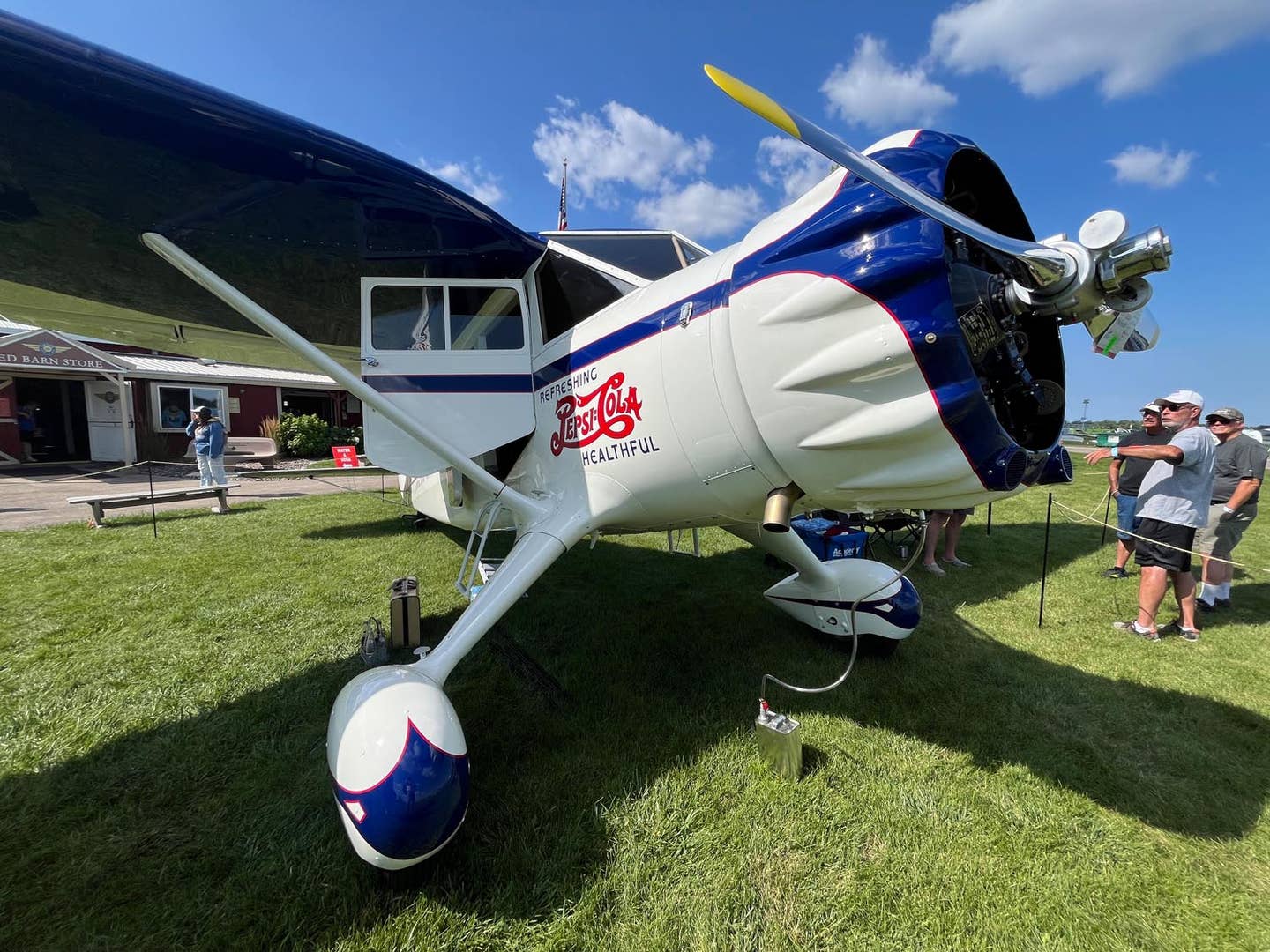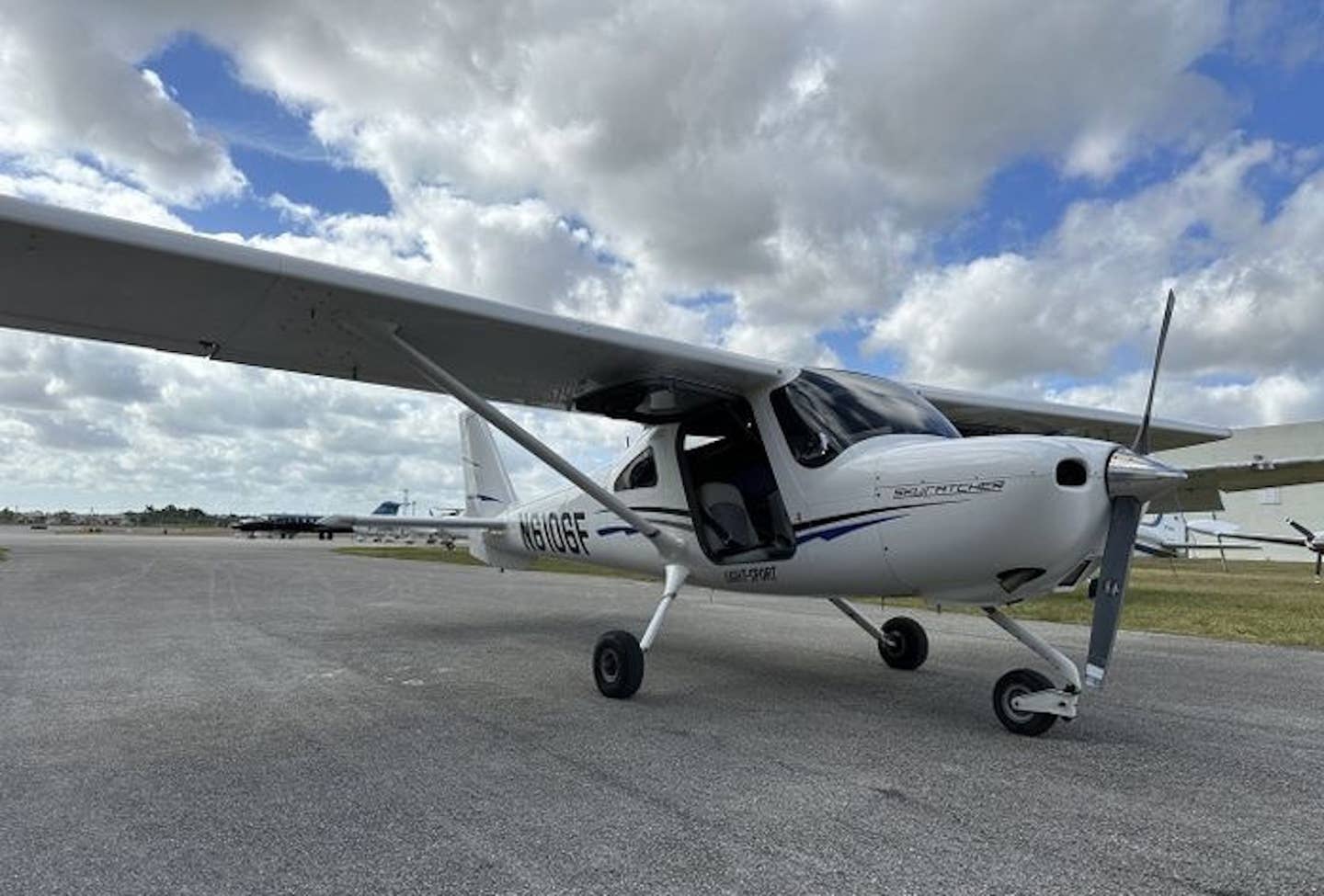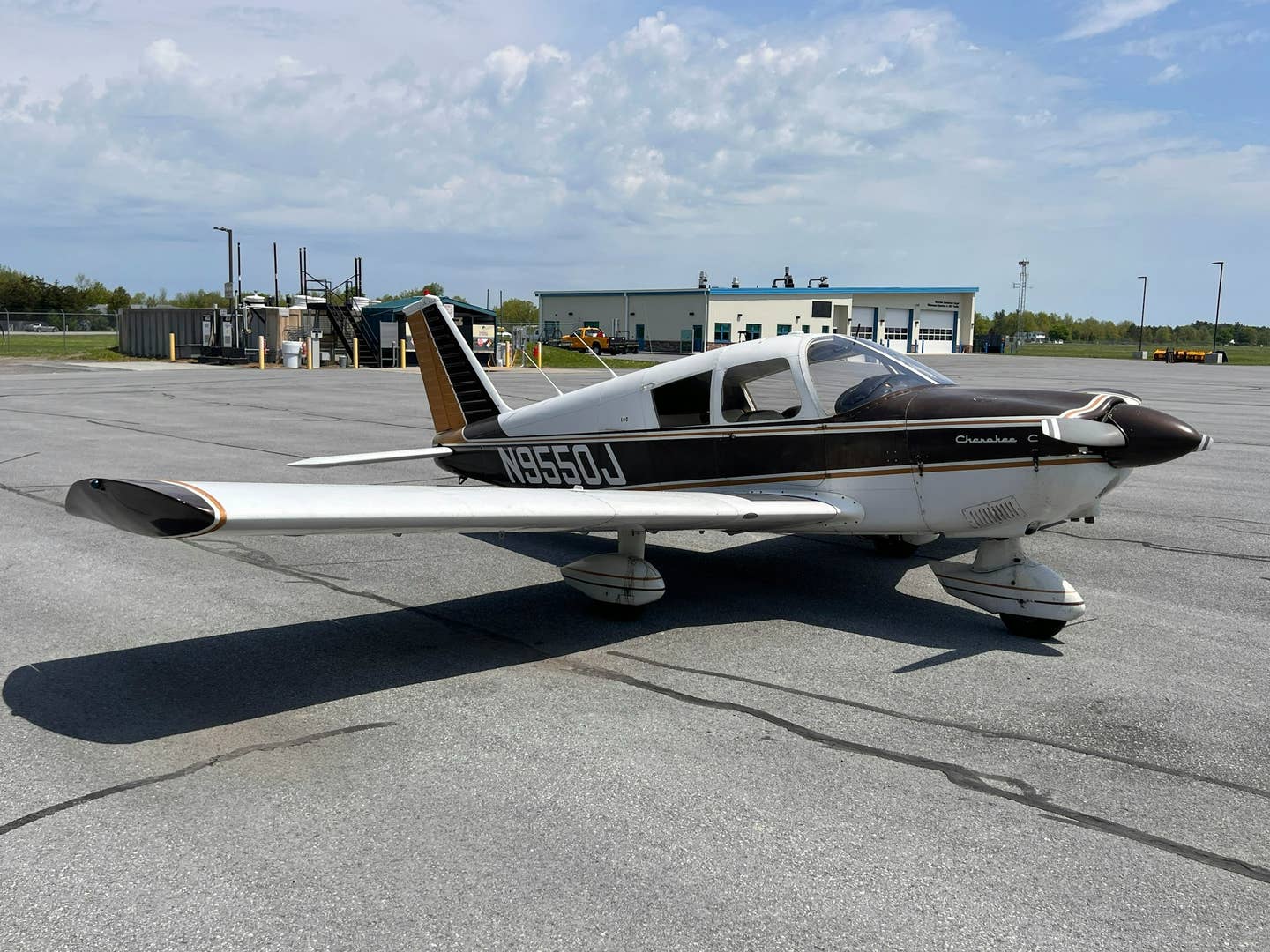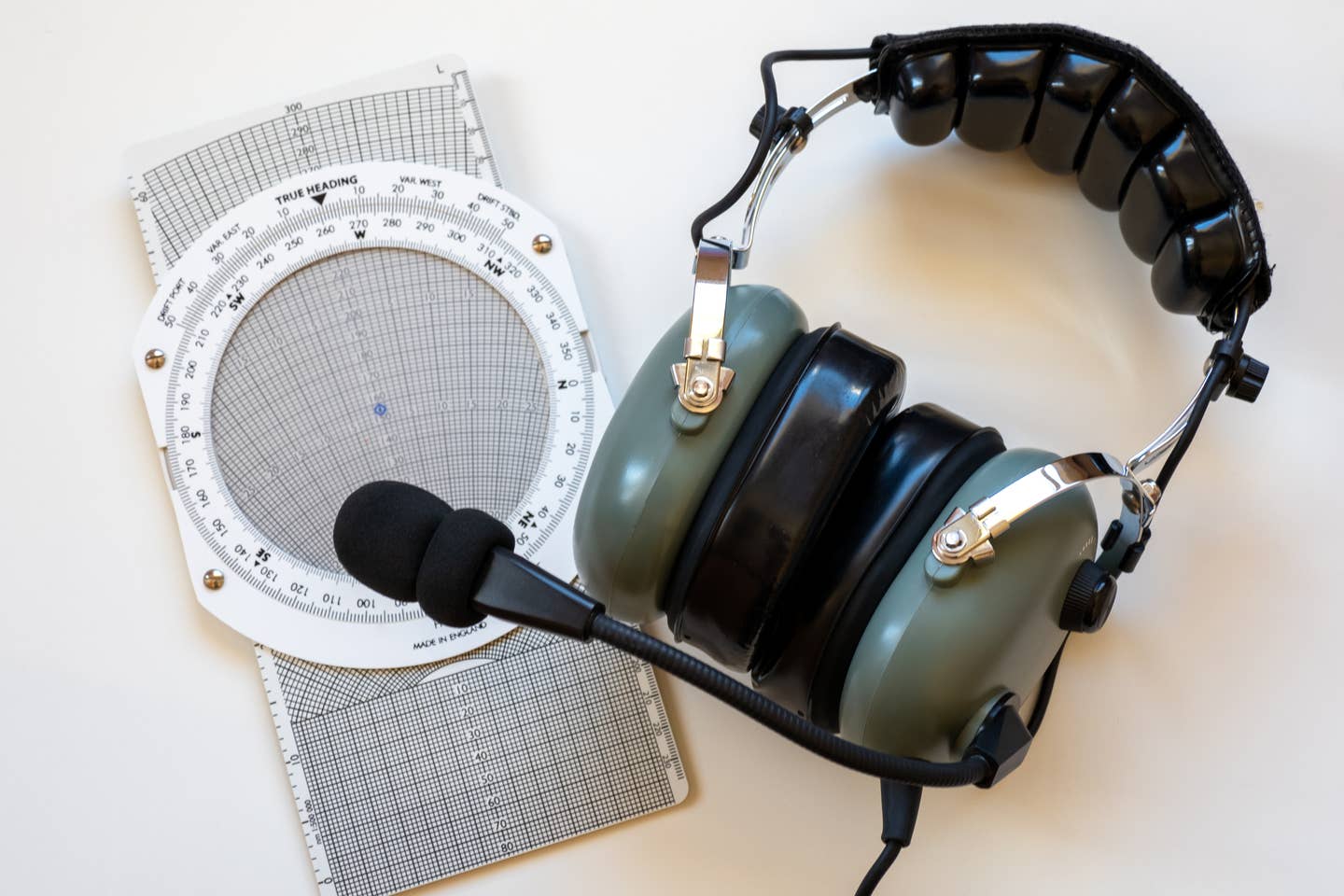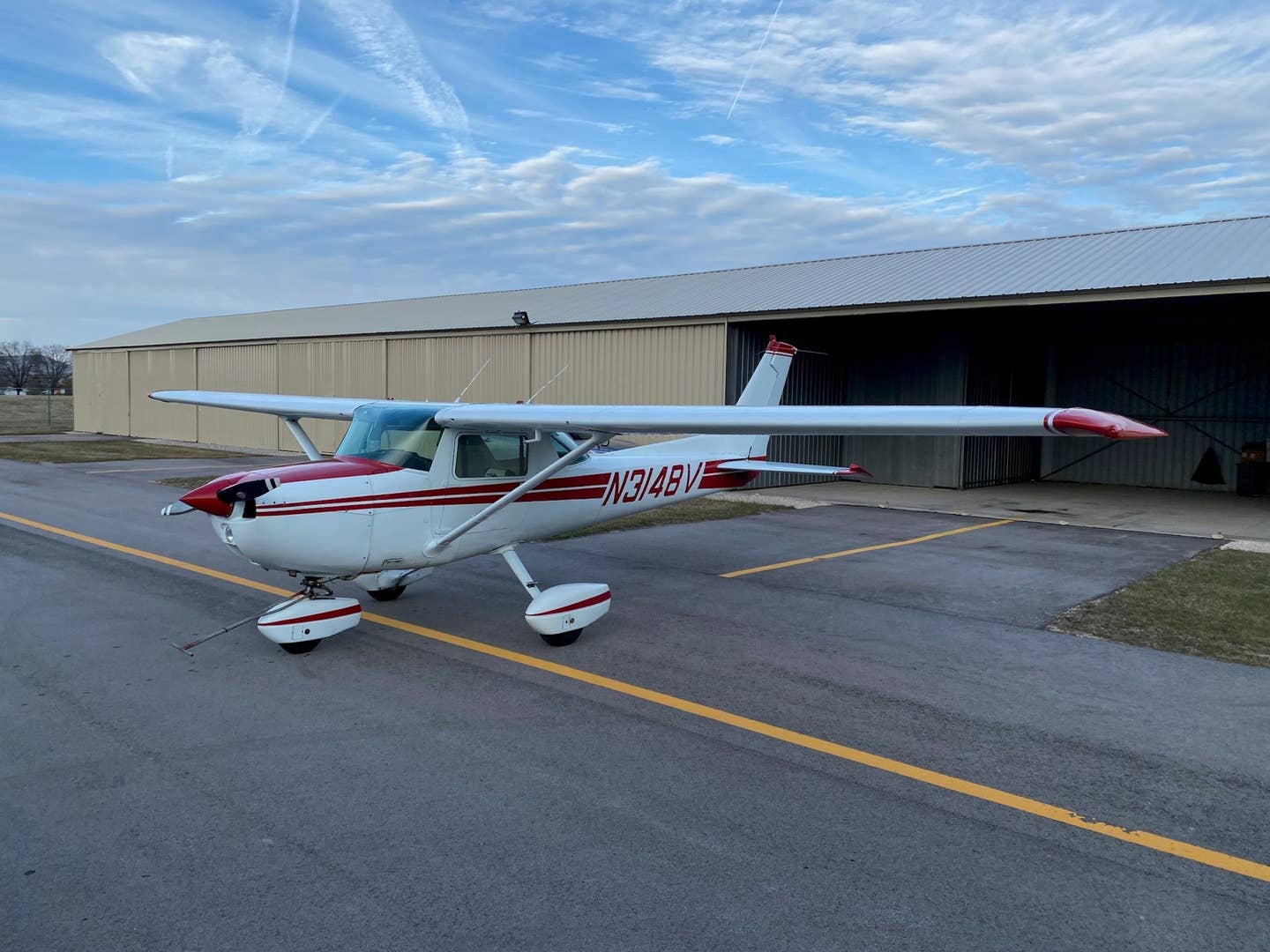Going Direct: Flight Sharing Going To The Supreme Court?
Flytenow’s model got shot down by the FAA. Not so fast, says the Internet startup. For decades, private pilots who took along paying friends on trips have been targets for…
Flytenow's model got shot down by the FAA. Not so fast, says the Internet startup.
For decades, private pilots who took along paying friends on trips have been targets for the FAA, which strictly limits a pilot's right to collect fees from passengers. So when Flytenow started its ride-sharing business a couple of years ago, it was nothing new to the FAA. The company's model seemed in total compliance with the FARs. So why did the FAA bring down the hammer?
It's important to understand the nature of the problem, and to do that we need to look at two distinctly different kinds of flying: private flying (conducted under Part 91 of the FARs) and on-demand charter flying (which adheres to Part 135 of the regs). The FAA has zealously enforced Part 135, which makes sense, because when a company advertises its services to the public for air transportation, the public should expect the company doing the flying to be doing it at a high level of safety. That's why a company flying charter needs to have its operating rules approved by the FAA and why it has to stick to those procedures, in terms of how flights are flown, how the planes are maintained and how the company is organized. It's an extremely expensive and time-consuming process to get a Part 135 certificate, and it's not easy to keep it current, either.
When companies don't follow the letter of the law, the FAA will come down on them, sometimes suspending and sometimes revoking their charter certificates, levying fines, and in the most egregious cases, even recommending criminal charges against the owners.
Part 91, on the other hand, is very lightly regulated, at least in comparison. Pilots fly their own planes, fly with friends and family, and generally stay out of the hair of the FAA's scheme to regulate flying for hire. So it's a critical part of the FAA's job, in its view, at least, to keep charter flying separated from private flying, because to passengers, the two operations can be indistinguishable.
So the dilemma is, how does the FAA keep private flying separate from charter operators?
Historically, they've done it by cracking down on private flyers who fly for hire, and to the FAA, "flying for hire" is a very specific thing. Pilots operating under the good old Part 91, can, according to the regs, only allow passengers (fellow pilots or non-pilots---the regs make no such distinction, even though we pilots might) to pay a pro-rata share of the flight expenses. So you can't, for instance, tell a friend they can come with you on your flight from Minneapolis to Kansas City if they "pick up the fuel bill." Without going into voluminous detail, they can only pick up a share of the direct costs, which usually includes rental costs and fuel and oil, but not any ownership costs, like hangar rent or future maintenance fees. And that share has to be equal. Oh, and everybody has to be going for the same purpose, to attend the same football game or do business downtown, to prevent the pilot from using such ride sharing as a way to build hours on the cheap. If anything about the rule were to change, this vague restriction would be the place to start, as eliminating it would have little to no impact on safety.
This is all moot, because with Flytenow's business model, the spirit and letter of Part 91 are upheld. The only difference is the way the sharing is communicated. Why that should make a difference is beyond us, and beyond Flytenow, too. The company wants the United States Supreme Court to take a look at the case, and has filed a petition to that end. If the Court does indeed decide to hear the case, it could have repercussions not only to aviation, but to other Internet-sharing businesses, like domicile-sharing company Airbnb and car-share giant Uber, as well.
But before the court has a chance to act, Congress might just step in and amend the law itself to allow flight-sharing services like Flytenow. We'd encourage our legislators to do just that.
The underlying question, however---whether private flyers should be able to charge for giving people places in their airplanes---isn't up for debate. That remains a Part 135 operation and subject to all the provision of those regs. And that's as it should be.
If you want more commentary on all things aviation, go to our Going Direct blog archive.

Subscribe to Our Newsletter
Get the latest Plane & Pilot Magazine stories delivered directly to your inbox


